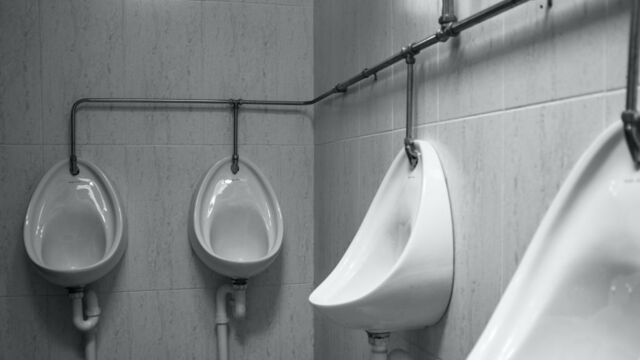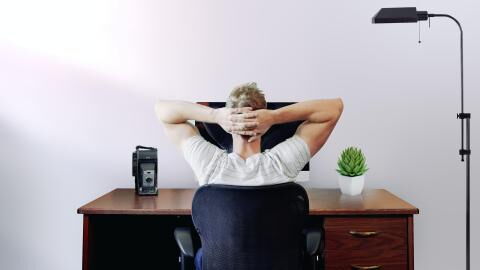You know when you’re at the club having lots of drinks and you suddenly feel the urge to go use the restroom after every glass of alcohol you take, well, you just might be experiencing ‘urinary incontinence.'
Discover our latest podcast
Urinary incontinence defined
According to the journal MedicalNewsToday,urinary incontinence is the involuntary leakage of urine. It means a person urinates when they do not want to. Control over the urinary sphincter or bladder is either lost or weakened.
There are several types of urinary incontinence, including:
Stress incontinence: when urine leaks out at times when your bladder is under pressure; for example, when you cough or laugh.
Urge incontinence: when urine leaks as you feel a sudden, intense urge to pee, or soon afterwards.
Overflow incontinence (chronic urinary retention): when you're unable to fully empty your bladder, which causes frequent leaking.
Total incontinence: when your bladder cannot store any urine at all, which causes you to pass urine constantly or have frequent leaking.
It's also possible to have a mixture of both stress and urge urinary incontinence.
See a general practitioner if you have any of the above symptoms. Urinary incontinence is a common problem and you should not feel embarrassed talking to them about your symptoms.
This can also be the first step towards finding a way to effectively manage the problem.
Causes & remedies
Stress incontinence is usually the result of the weakening of or damage to the muscles used to prevent urination, such as the pelvic floor muscles and the urethral sphincter.
Urge incontinence is usually the result of overactivity of the detrusor muscles, which control the bladder.
Overflow incontinence is often caused by an obstruction or blockage in your bladder, which prevents it from emptying fully.
Best ways you can treat this condition includes; lifestyle changes such as losing weight and cutting down on caffeine and alcohol.
Engage in pelvic floor exercises, where you strengthen your pelvic floor muscles by squeezing them.
Train your bladder by learning ways to wait longer between needing to urinate and passing urine.















